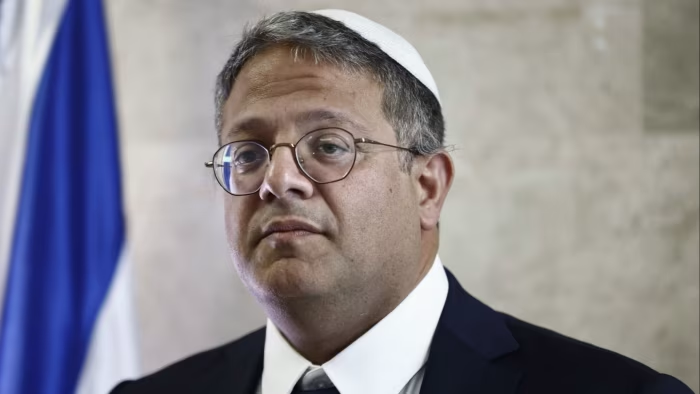Israeli Security Minister Itamar Ben-Gvir on Tuesday publicly called on Prime Minister Benjamin Netanyahu to initiate fresh military operations aimed at “destroying Hamas”, following what Ben-Gvir described as only partial compliance by Hamas with a recent agreement to return bodies of deceased hostages and captured soldiers.
Ben-Gvir said the partial handover proved Hamas remains an active terrorist organisation and demanded an uncompromising response. The minister urged that Israel should not merely impose a penalty for violations but should seek the organisation’s complete elimination.
“The fact that Hamas continues to play games and does not immediately hand over all the bodies of our dead proves that this terrorist organisation still exists,” Ben-Gvir said, according to official comments. “We must demand that Hamas cease to exist and destroy it once and for all.”
The remarks add to mounting pressure from hardline politicians in Israel who have repeatedly called for a tougher military approach against Hamas. Ben-Gvir and allied figures are pushing Netanyahu to escalate operations despite ongoing international calls for restraint and efforts to stabilise the ceasefire arrangements.
Context and implications
- The comments followed a partial transfer of bodies under a ceasefire-linked, U.S.-brokered arrangement in which Hamas handed over a number of deceased hostages. Hamas has said it is coordinating further transfers with Egyptian authorities.
- Israeli leaders, including Prime Minister Netanyahu, face competing pressures: domestic calls for decisive military action from conservative ministers and international diplomatic efforts to preserve a fragile truce and secure the return of remaining hostages.
- Ben-Gvir’s demand for complete destruction of Hamas signals the stance of a vocal faction within Israel’s government that favours prolonged, large-scale military measures rather than a negotiated, phased approach.
Reactions and risks
Analysts warn that rhetoric advocating the “destruction” of Hamas risks undermining the ceasefire dynamics and could prompt renewed hostilities. International partners engaged in mediation—particularly Egypt, Qatar and the United States—have emphasised the need to prioritise hostage recovery and humanitarian access while limiting civilian harm.
What to watch next
- Whether Prime Minister Netanyahu responds to Ben-Gvir’s call with concrete policy shifts or military orders.
- Progress in negotiations and coordination between Hamas and mediators for the return of remaining hostages and bodies.
- International diplomatic responses, especially from countries involved in the ceasefire mediation.







